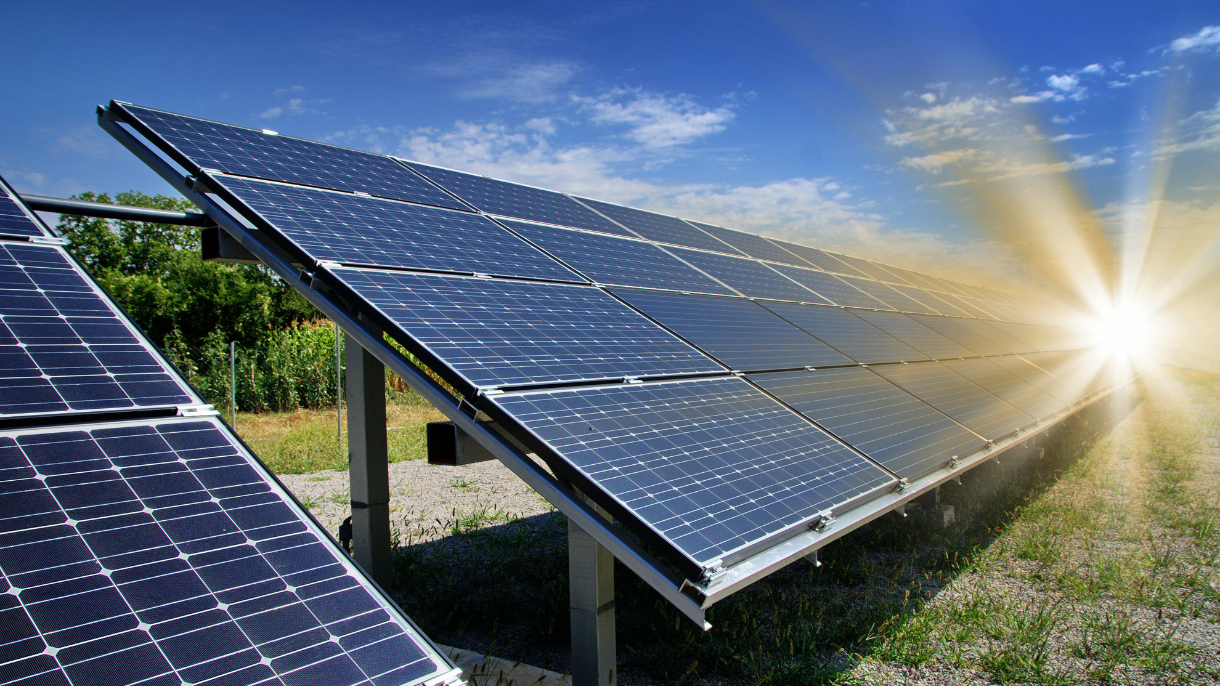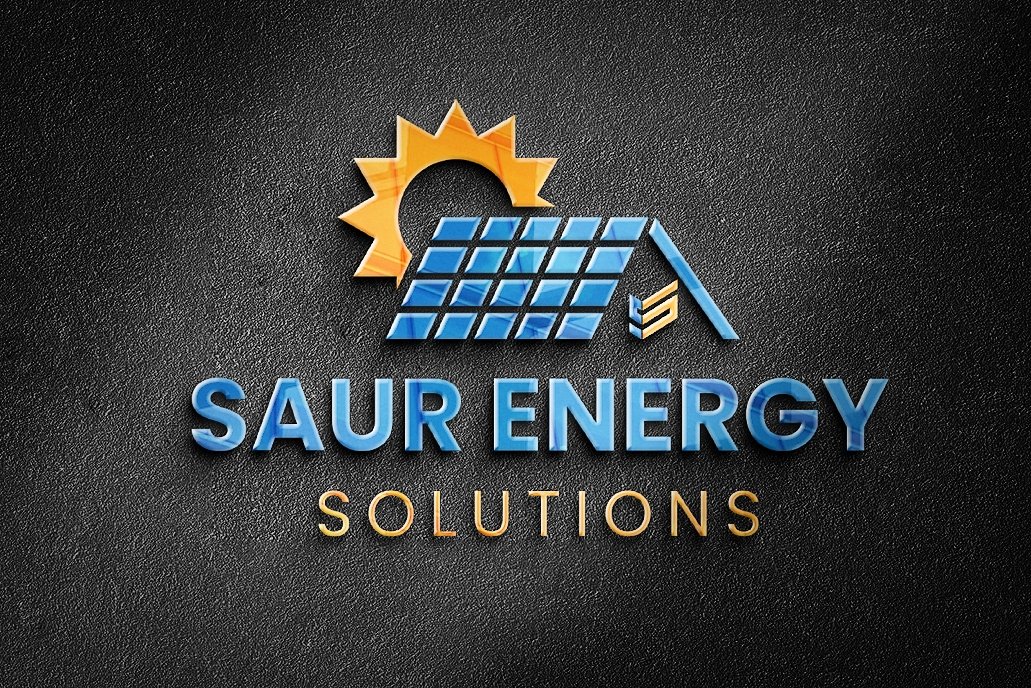Solar Power Plant
Solar power plants represent a beacon of hope in the quest for clean, sustainable energy sources. These large-scale installations harness the abundant energy of the sun to generate electricity, providing a viable alternative to fossil fuels and mitigating the impacts of climate change.
The electricity generated by the solar panels is then fed into an inverter, which converts the direct current (DC) electricity produced by the panels into alternating current (AC) electricity suitable for use in homes, businesses, and industries. This electricity can either be consumed onsite or fed into the grid for distribution to end-users.

advantages over conventional fossil fuel-based power plant
Firstly, they produce electricity without emitting harmful greenhouse gases or pollutants, helping to mitigate climate change and reduce air pollution. Additionally, solar power plants have minimal water requirements compared to thermal power plants, conserving precious freshwater resources.
conclusion
solar power plants represent a transformative force in the transition to a clean, sustainable energy future. By harnessing the power of the sun, these installations offer a reliable, environmentally friendly, and economically viable solution to our growing energy needs. As we strive to build a greener and more sustainable world, solar power plants stand as shining examples of what is possible when we harness the power of nature’s most abundant resource.

